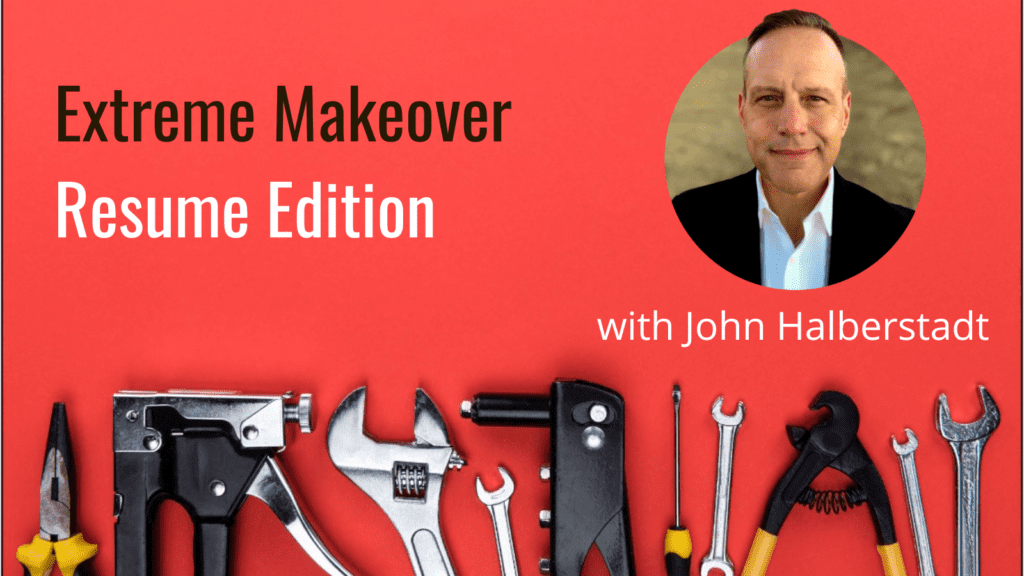Why does a good resume matter?
Your resume is your first impression to a potential employer, and you want to put your best foot forward. It’s part of your personal brand, how do you want to be seen?
It’s important to highlight skills and experience that align with your target job. To do so, start by asking yourself these 2 questions:
- Who is my audience?
- How would I be a good fit?
Keep your resume clear, concise, and to the point. Within a matter of seconds, your resume will either help you stand out from the crowd or remove you from the running. To stay in the running, avoid making these common mistakes.
Negative Patterns:
- Typos or bad grammar: 77 percent
- Unprofessional email address: 35 percent
- Resume without quantifiable results: 34 percent
- Resume with long paragraphs of text: 25 percent
- Resume is generic, not customized to company: 18 percent
- Resume is more than two pages: 17 percent
- No cover letter with resume: 10 percent
Source: Career Builder
It is normal to make mistakes on resumes, which is why it’s critical to triple check your work. It may be helpful to step away, and come back to it with fresh eyes, or ask someone else to review it and provide feedback.
Now that we’ve covered the “Don’ts” let’s go over the “Do’s”. The themes listed below are worth considering as you curate your resume to the job for which you are applying. They are intended to help you reframe your resume in order to include only the most meaningful information to potential employers.
Positive Patterns:
- Focused over Generalized: Tailored content specifically focused on a role ensures the hiring team has relevant examples of what you have done aligned to what their posting requires
- Outcomes over Activity: Hiring managers want to know the impact you have made in the work that you’ve done, and how that translates to the investment they are making to hire for a given role.
- Meaningful Metrics over Superlative Words: Impact context comes through specifics, measured generally in terms of percentages, as they need less or no context for the hiring manager to understand.
- Clarity over Excessive Jargon and Acronyms: Clarity through shared language free of jargon is essential to fostering a shared understanding for all who are involved in the recruiting, interviewing and hiring process.
- Honesty over Misrepresentation and Exaggeration: Misleading, obfuscating or straight-out lying isn’t only wrong ethically, it ultimately is likely to immediately terminate any chance of getting to the next stage of the process.
- Professional over Personal: Only interests that are directly related to the work, like membership in a professional organization related to business, technology or related generally should be included.
- Polished and Presentable over Rushed and Inconsistent: This ease of generation and online submission for resumes has a downside for many of not slowing down and methodically reviewing the resume for consistency in font/formatting/style format, sentence structure, grammar, etc.
Now let’s get to work on those resumes.
If you are looking for more detailed tips and tricks, download the Slide Deck.
Additional Resources:
- CareerBuilder Survey Findings: https://press.careerbuilder.com/2018-08-24-Employers-Share-Their-Most-Outrageous-Resume-Mistakes-and-Instant-Deal-Breakers-in-a-New-CareerBuilder-Study
- Broad Resume and Hiring Manager Perspective Statistics, Pro and Con: https://www.resume-now.com/job-resources/jobs/resume-statistics
- Resume “Power Words”: https://www.indeed.com/career-advice/resumes-cover-letters/resume-power-words
- More Resume and Cover Letter “Dos and Don’ts”: https://www.indeed.com/career-advice/resumes-cover-letters/resume-dos-and-donts
- Quick Reference from Harvard University Career Center: https://careerservices.fas.harvard.edu/blog/2022/09/01/10-things-you-should-never-include-in-a-resume/
- Bad Resume Examples (real ones): https://resumegenius.com/blog/resume-help/bad-resume-examples

